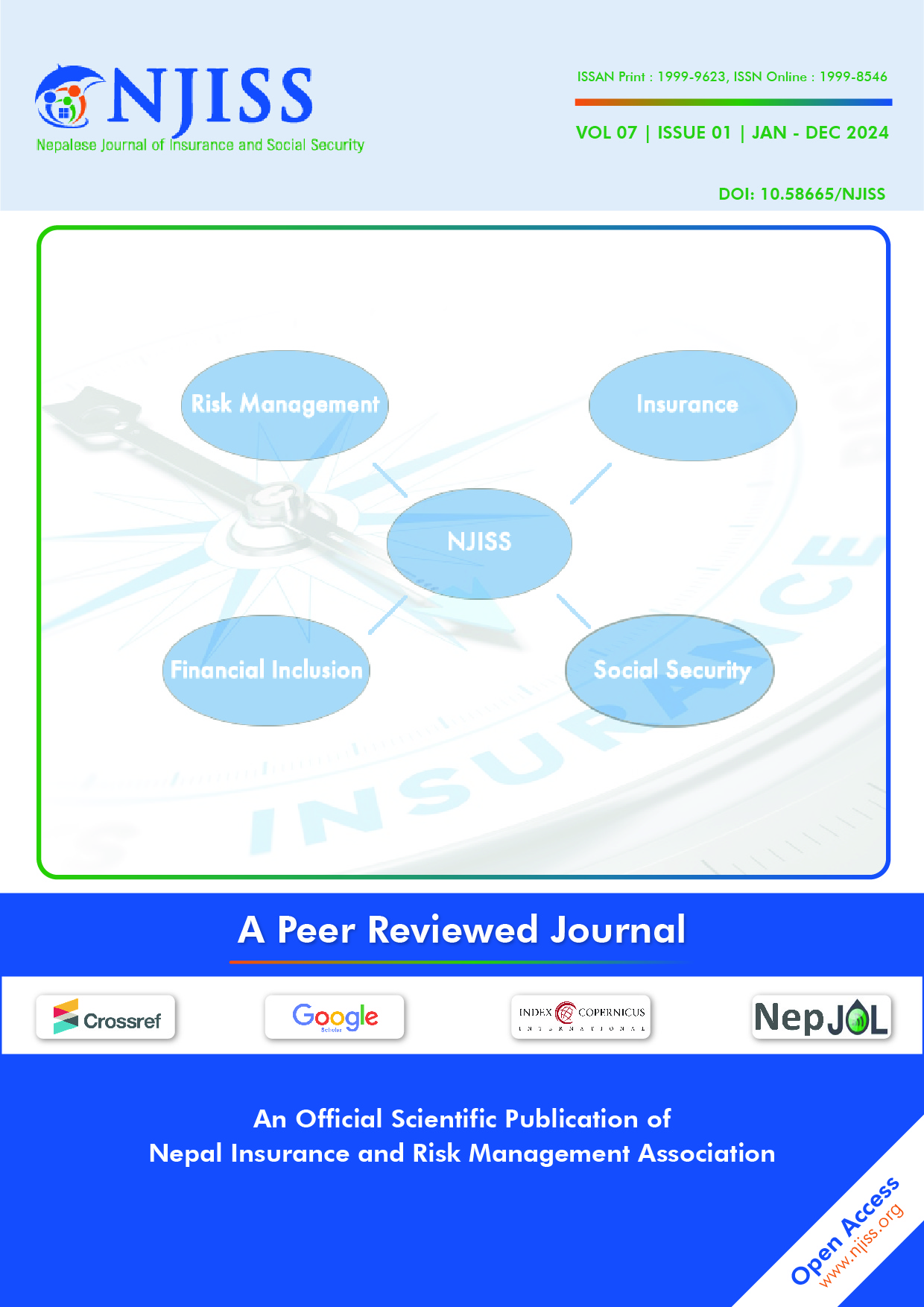Influence of Cultural Dimensions on Employee’s Commitment and Turnover Intention in Transnational Education Institutions in Nepal
Keywords:
Employee’s Commitment, organizational cultural aspects, transnational educational institutions, turnover intention.Abstract
Purpose: The study aims to understand organizational culture types and assess their influence on employee’s commitment and turnover intention in transnational academic institutions (TAIs) in Nepal.
Design/methodology/approach: This study used a cross-sectional design with quantitative methods to examine the cultural influence on employee commitment, and turnover intention. Data were collected using psychometric tools from 397 respondents through convenience sampling. Further, SPSS was used for correlation and regression analysis ensuring validity and reliability.
Findings: The study found that TAIs predominantly exhibit a clan culture, which fosters a collaborative work environment. Notably, this research explores how distinct aspects of organizational culture influence employee commitment and turnover intention, focusing on the unique effects of these cultural component. It reveals how specific cultural aspects can have varying impacts, with positive effects on employee commitment and negative effects on turnover intention. In addition, it also shows the importance of cultivating a supportive organizational culture for effective staff commitment. By shedding light on the role of specific cultural types, the study fills a gap in the literature, offering actionable insights for HR managers and policymakers in shaping effective organizational environments within TAIs in Nepal.
Conclusion: This study examined organizational culture’s impact on employee commitment and turnover intentions in TAIs. The research highlighted that, under the organizational culture framework in TAIs, clan culture is strongly desired and relatively
impactful on both employee commitment and turnover intentions. In addition, the employee’s commitment also partially intervenes the effect of organizational culture on turnover intentions.
Implications: The study highlights the need for HR and managers in TAIs to foster a clan culture that enhances employee commitment and reduces turnover. Tailoring strategies to different cultural types, such as adhocracy and market cultures, is crucial for improving commitment. Additionally, policymakers should focus on creating supportive environments that align with employee values, which can improve institutional performance and employee loyalty.
JEL Classification: J28, M12, M54
Downloads
Downloads
Published
How to Cite
Issue
Section
License
Copyright © Nepal Insurance and Risk Management Association

The articles in NJISS are licensed under a Creative Commons Attribution-NonCommercial 4.0 International License. This CC BY-NC license allows reusers to distribute, remix, adapt, and build upon the material in any medium or format for noncommercial purposes only, and only so long as attribution is given to the creator.
It includes the following elements:
BY - Credit must be given to the creator (authors)
NC - Only noncommercial uses of the work are permitted.

